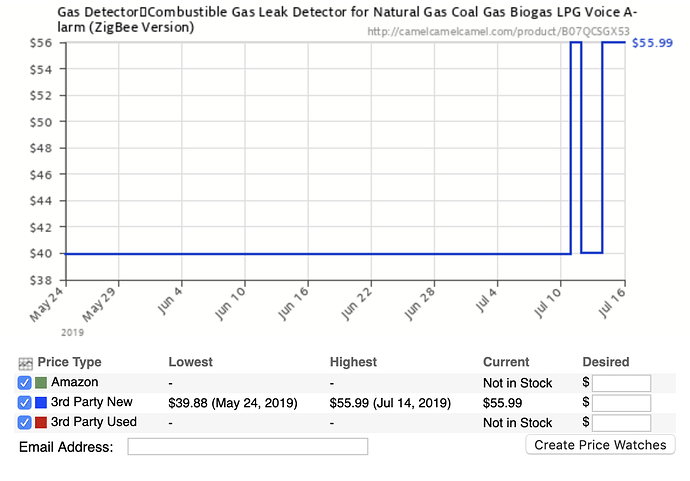You’re not wrong, but I’ll disagree with the idea that an unqualified hobbiest should attempt such a thing. Mistakes could cause multiple fatalities.
Each to their own.
Electrical wiring mistakes can burn down houses and kill multiple people too, but it's something that is regularly done in this hobby.
But I agree each person needs to evaluate their capability individually.
Yep, but explosive gas is just a bit higher risk factor. Smell and one of these devices may be your only chance for survival. If my neighbor’s house catches fire, I at least have a chance to see smoke and flames. If it explodes, then it could be game over for me and mine too. No warning.
Let’s agree to disagree, with the understanding that we both just want people to make safe choices.
If there is that much gas in my house, the pilot light in my fireplace would probably ignite it long before any relay arching.
Hence the reason those are no longer used for new work.
@cuboy29 I have been following this but I am a little confused as to which one of these gas detectors you have decided to use and what device driver is being used or is it still in the making? Thanks
What about the fire in my furnace?
That's what I wonder too.. I have a constant pilot light flame in my fireplace and hot water heater.
BOOMMMM i guess?
Perhaps a good idea might be to use an alerting mechanism that doesn't require switching on something that isn't already on.
This is the sensor i am using with the driver I posted above.
Is this the same sensor, looks like it, that I posted at the beginning of this thread? Dang they have boosted the price up on this one. Why the heck did they do that? It was $39 before and now it is $55!!
they saw us buying them 
If you sign in as a prime member the price miraculously becomes $39.19!!
Yep. Modern furnaces have a sealed chamber that takes air in from the outside, heats the exchanger and vents out the exhaust gasses.
That’s unlikely to cause an explosion even if gas is leaking right there. Water heaters on the other hand....
My 2year old water heater doesn’t have pilot light, but the igniter and flame are not in a sealed chamber. So yeah, that might be a problem. However, the gas leak from the idiot that installed it and forgot to tighten the union didn’t blow up the house thankfully. so there’s hope 
Yeah you have to be a prime member. That’s why they named it Prime Day 
However, in general Prime Day is a limited number of loss leaders, while the remainder are either full price, or a 20% discount offered on items that were priced 20% lower before Prime Day began. What a bargain! 
Yes I know why they called it Prime Day!  I was just referring to the fact that it says $55 and there is no indication that if you sign in it would be reduced!
I was just referring to the fact that it says $55 and there is no indication that if you sign in it would be reduced!
If anyone is worried that the price will jump up to $55 after Prime Day, have a look at it's price history using Camel Camel Camel:
If history is any indicator, the price will go back down to around $40 again soon enough.
So where's the best place to mount these? Up high or down low? How does gas dissipate through the air?
Should be where the manufacturer recommends. But that makes me wonder if this particular sensor will typically get mounted where it is most effective, since it is designed to be plugged directly into a wall socket.
Upon research I guess it depends on the type of gas. Natural gas is lighter than air and thus rises, whereas propane is heavier and sinks.


